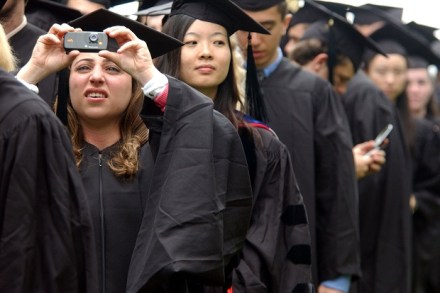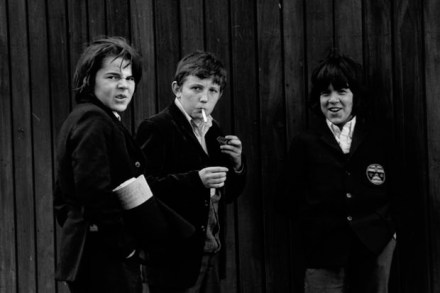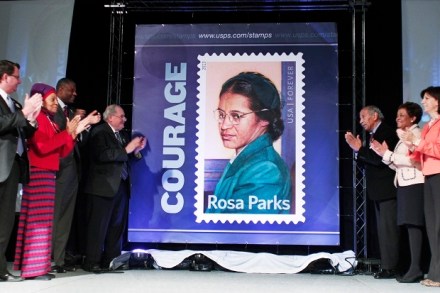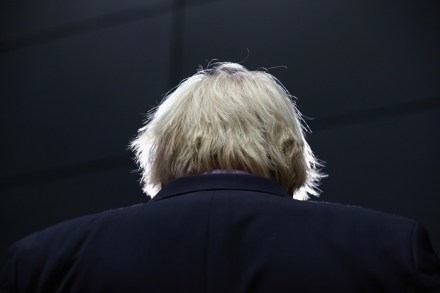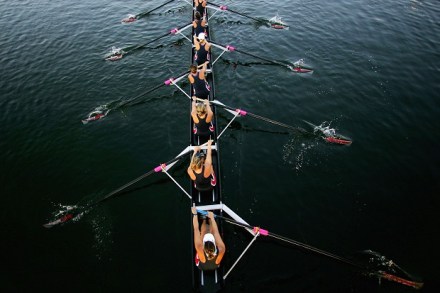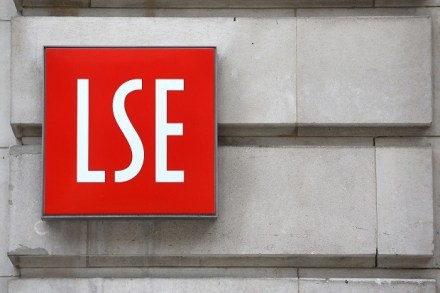Don’t blame good results on grade inflation. Blame the teaching
I was delighted to read that my university is apparently over-generous when it comes to awarding top degree classes. Oxford is among 21 universities accused of grade inflation after a Higher Education Funding Council study found ‘significant unexplained variation’ in students’ likelihood of getting a First or Upper-Second. Alongside fellow culprits including Exeter, Brunel, Warwick and Newcastle, Oxford hands out more good degrees than A-Level grades and the university’s entry standards would lead you to predict. So am I on track to an effort-free First? Sadly not. No one would ever accuse a primary school of grade inflation if their cohort of socio-economically disadvantaged five-year-olds went on to receive top marks
